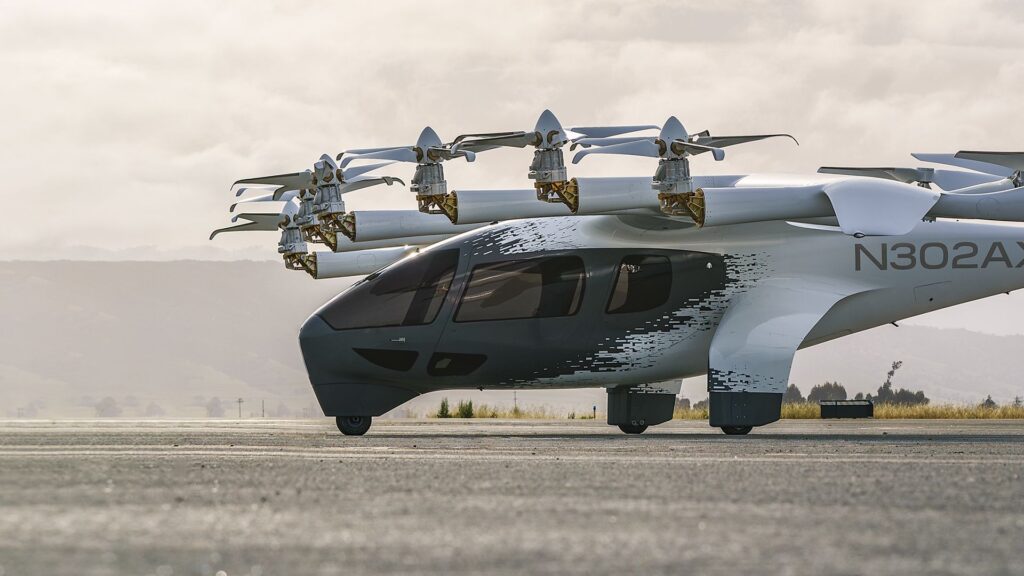
Archer Aviation has finalized agreements to acquire Hawthorne Municipal Airport (HHR) in Los Angeles for a total of $126 million in cash. This strategic purchase positions the 80-acre airport as the central hub for Archer’s upcoming air taxi network, which is expected to launch in time for the 2028 Los Angeles Olympic & Paralympic Games. The airport’s proximity, located just three miles from Los Angeles International Airport (LAX), will facilitate efficient operations and improve access for travelers.
The acquisition is not merely a logistical move; it also aims to serve as a testing ground for AI-enhanced air and ground operations. Archer Aviation’s plan involves utilizing the facilities for live trials of advanced traffic management systems, in collaboration with partners from the airline and technology industries. According to sources, the airport boasts approximately 190,000 square feet of existing terminal, hangar, and office space, which will enable effective scaling of operations, maintenance, and training.
The deal is still subject to closing conditions, including approval from the City of Hawthorne. Archer has received backing from United Airlines Ventures, which endorses the strategic rationale behind the expansion. The acquisition coincides with Archer’s announcement of $650 million in new equity, increasing the company’s liquidity to over $2 billion. This financial boost will support the certification process for its Midnight eVTOL aircraft and enhance its intellectual property portfolio through the incorporation of around 300 patents from Lilium.
Implications for Travelers and Operations
For passengers, establishing a hub at Hawthorne could significantly reduce travel times across Los Angeles, particularly for journeys to and from LAX and major downtown venues such as SoFi Stadium. By centralizing operations at HHR, Archer aims to improve reliability and predictability in its shuttles, which are expected to outperform traditional helicopter services. The integration of AI-driven management systems promises to enhance scheduling, optimize routing, and facilitate faster aircraft turnarounds, all crucial as the fleet expands.
Hawthorne’s location also allows for seamless transfers between commercial flights and air taxi services, making it an attractive option for premium and time-sensitive passengers, especially during high-profile events like the 2028 Games. As certification processes and city approvals move forward, Archer plans to ramp up operations in high-demand corridors before extending service to broader neighborhoods.
Financial Outlook and Operational Efficiency
The immediate financial commitment of $126 million to secure control of HHR’s master lease positions Archer to optimize operational efficiencies, such as centralized maintenance and aircraft basing. This strategy is expected to generate additional revenue through third-party services like hangar rentals, which helps mitigate risks associated with vertical airport access in a crowded market.
The recent equity raise of $650 million significantly strengthens Archer’s financial position, providing a crucial runway for certification, initial operations, and site upgrades. Owning and controlling an airport hub is likely to enhance unit economics through improved utilization rates and reduced repositioning costs. Nevertheless, the timing of regulatory approvals presents a risk that the company must navigate carefully.
Archer’s growing patent collection, including those acquired from Lilium, positions the company to explore future licensing and partnership opportunities. Despite the promising outlook, challenges such as capital expenditure overruns and the burden of operational losses during the scaling phase remain critical considerations for the company’s growth trajectory.






